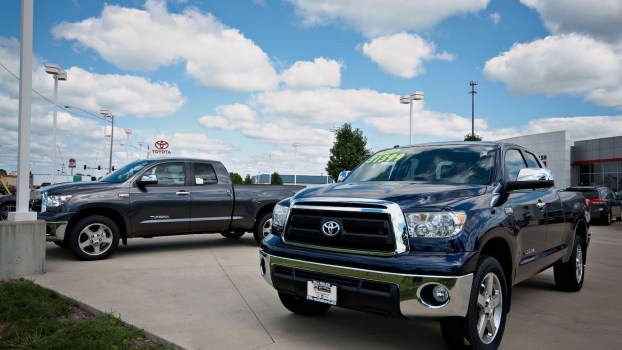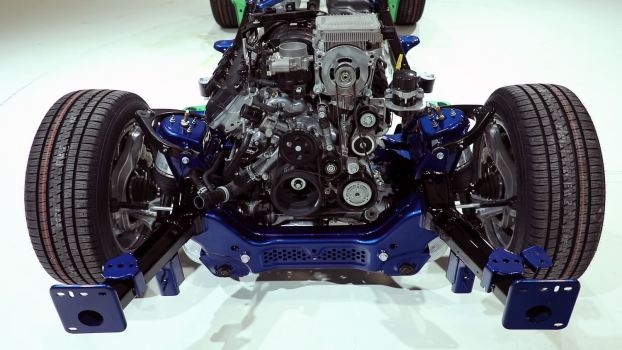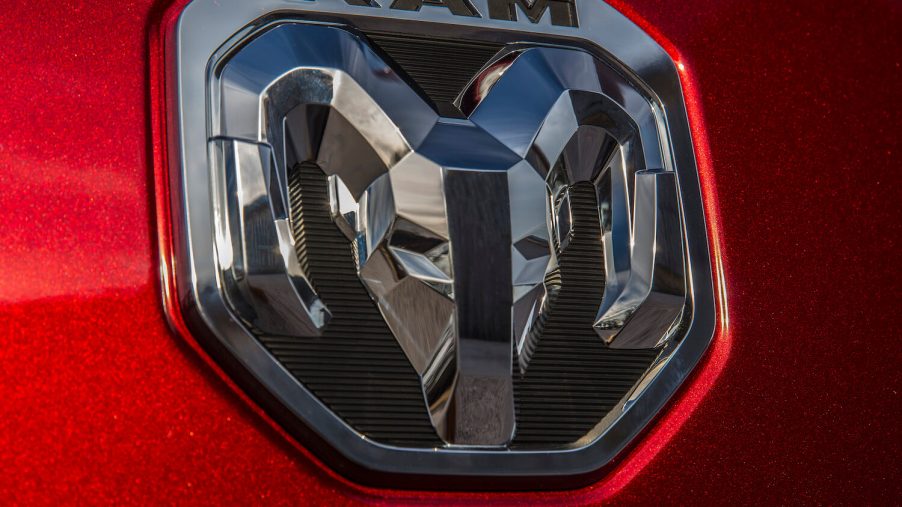
Here’s What Causes the Infamous Ram Coolant Leak
Ram trucks consistently rank above the average pickup in reliability. But the Ram 1500 half-ton truck isn’t without its issues. One of the most common owner complaints is a coolant leak, which can overheat an engine and cause serious issues. Are you driving or considering a Ram? Read on to find out which components cause the fourth-generation Ram 1500’s coolant leak and how to diagnose a malfunctioning truck yourself.
What causes a coolant leak?
Vehicle coolant is a liquid that circulates between the radiator and the engine block to keep temperatures down. Any component in this circuit can malfunction and spring a leak, but different makes and models have specific weak spots worth checking out.
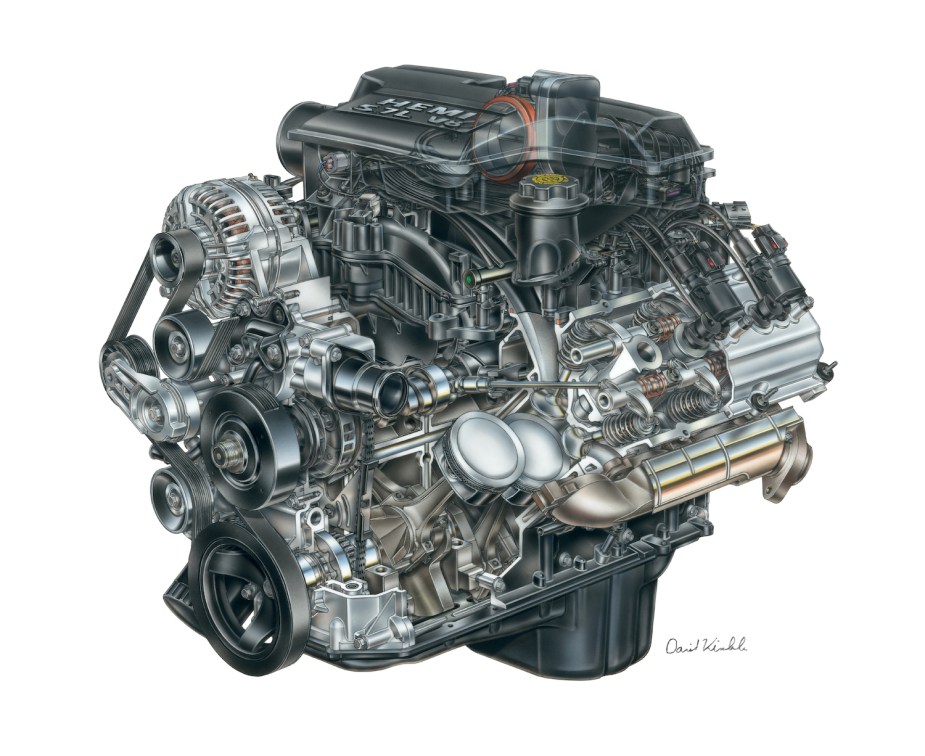
Let’s dial down on the Ram 1500’s coolant leak. Here on MotorBiscuit, we previously reported on the most common Ram 1500 problems and listed the following cooling circuit components that could conceivably leak: the radiator, water pump (which circulates the coolant), the housing gasket that seals the thermostat to the engine (the thermostat controls this circuit), the heater return tube O-ring, the intake manifold gasket, the timing cover gasket.
Obviously, the coolant circuit (which even loops through the cabin heater) has many components that can leak. Luckily, the 1A Auto parts company employs experienced mechanics to create Youtube guides to common vehicle problems. A mechanic named Lenny revealed that in his experience, Ram trucks develop a leaking water pump, radiator, or radiator cap. Scroll to the bottom of this article to see these components for yourself.
Can you see a coolant leak?
If your vehicle has a coolant leak, the first thing you’ll notice is a dropping coolant level. Most plastic radiator coolant overflow tanks have a “full” and “add” line for your reference. But you may also see residue from the leaking coolant.
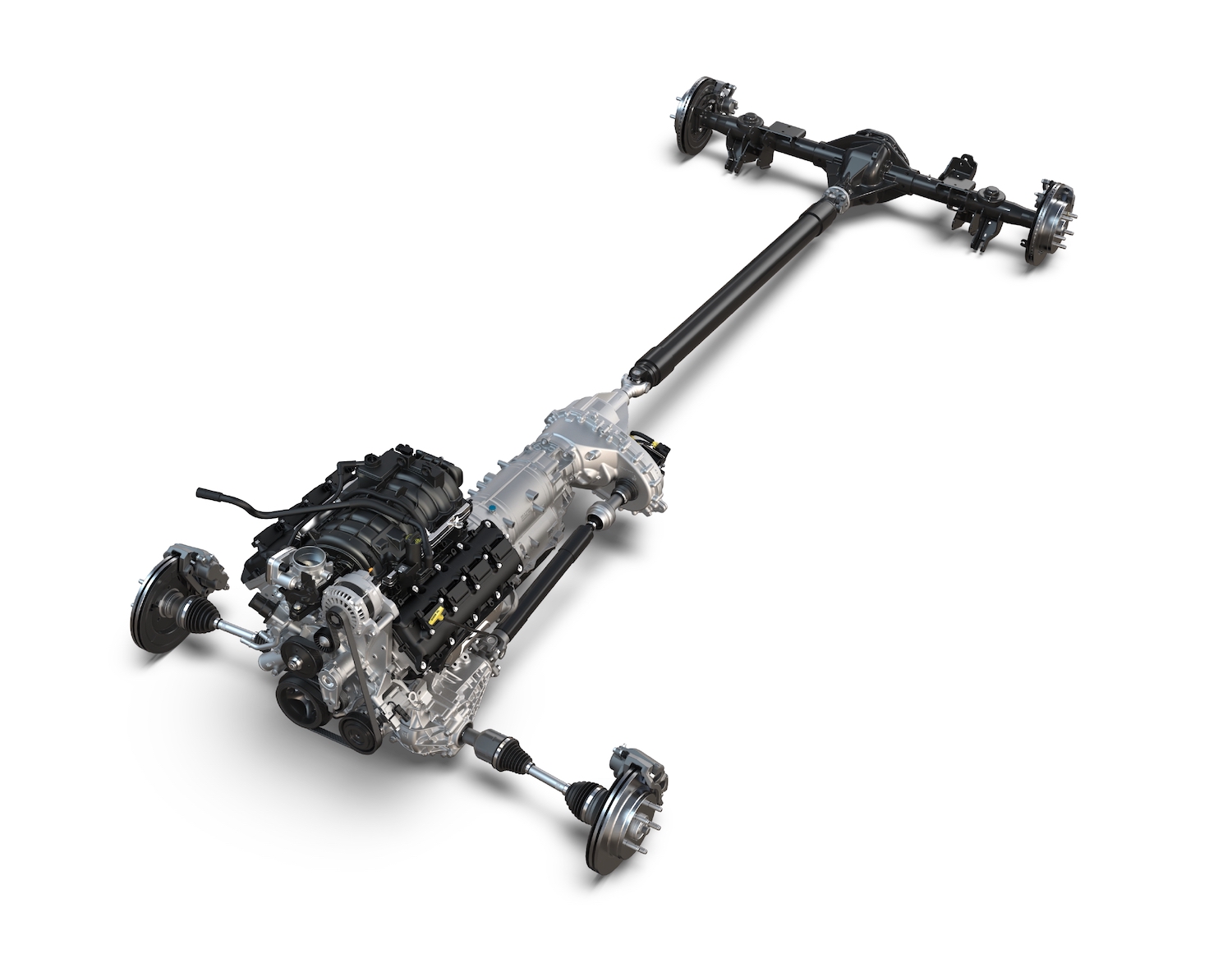
Once upon a time, cars just used water as engine coolant. But in a modern car, coolant is a mix of water and ethylene glycol, so the liquid doesn’t freeze if a vehicle is left out in winter weather overnight. This liquid is green, and if it’s seeping out of a leak, it can leave a trail of gummy greenish deposits.
Lenny revealed that a common place for the Ram 1500 to leak coolant is the seam between the aluminum body and plastic uprights of its radiator. Ram assembles the radiator with a gasket between this aluminum and plastic, but this gasket sometimes “doesn’t last as long as it should.” Another spot is between the water pump in the coolant circuit and the V8 Hemi engine block. A leaking water pump is a common issue across multiple Chrysler products.
Note that while Lenny was addressing issues with the fourth-generation (2009-2017) Ram 1500, the automaker still used the same drivetrain through its current trucks.
Can you fix a Ram 1500 coolant leak?
Your Ram 1500 could be leaking coolant because of a faulty radiator cap (easy to fix) or a cracked engine block (difficult and expensive). So before you price out fixing the problem, you’ll want to identify where the coolant is leaking from.

If you can’t spot any antifreeze deposits giving away the leak’s source, you’ll want to pull your oil dipstick and make sure there is no liquid in your oil. If antifreeze leaks into the engine’s sump, the oil will froth up into a gray mixture that is the consistency of mayonnaise.
If you don’t have coolant in your oil, you’ll need a specialty tool to locate your leak. A simple coolant circuit pressurizer replaces your radiator cap and has a hand bulb you can squeeze to add pressure. As you add pressure, you should be able to see where the coolant is leaking from.
Once you know the problematic component of your Ram 1500’s coolant circuit that is leaking antifreeze, you can get an estimate for the parts required to fix it and the labor costs.
Next, find out how a fifth-gen Ram 1500 holds up after 200,000 miles, or see Lenny’s full rundown of the top five problems with the fourth-generation Ram 1500 in the video below:
